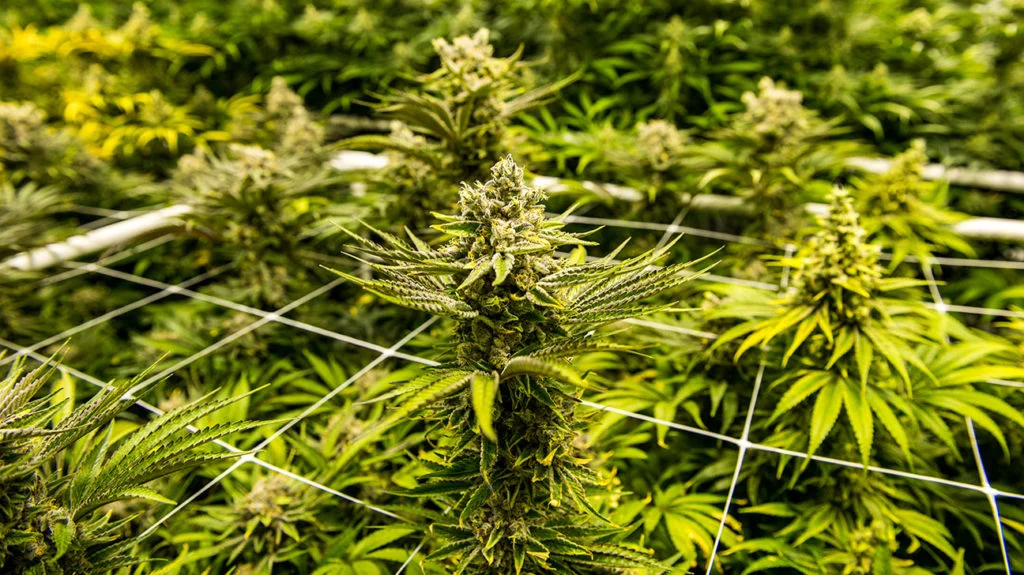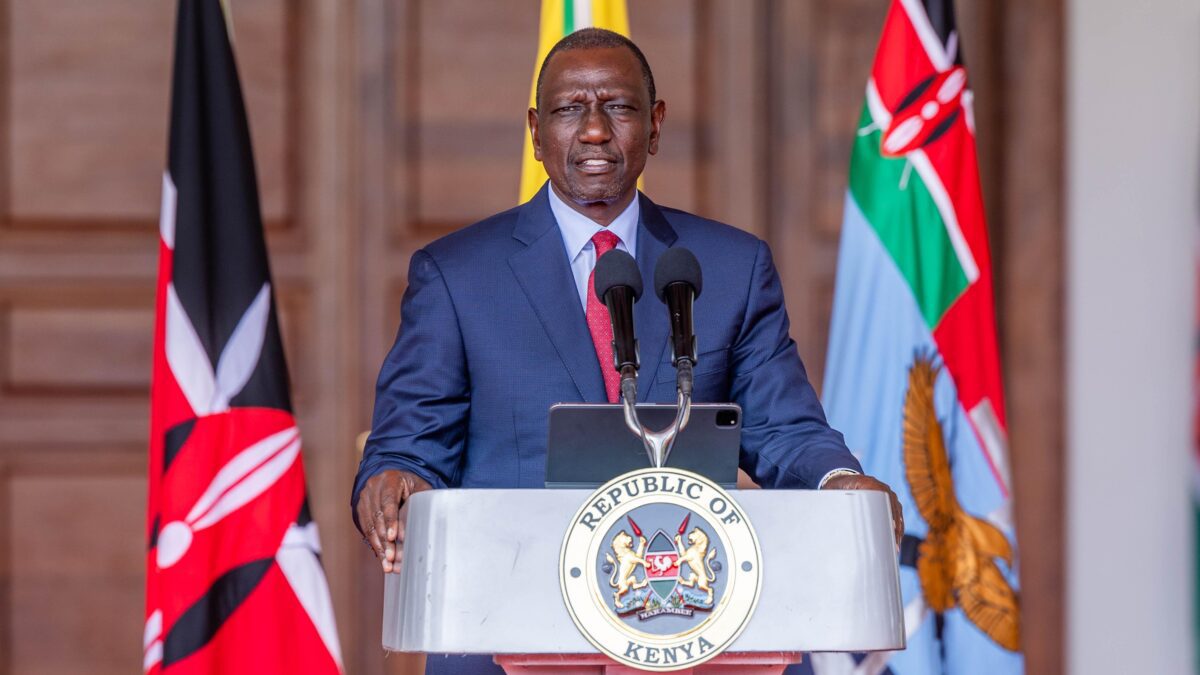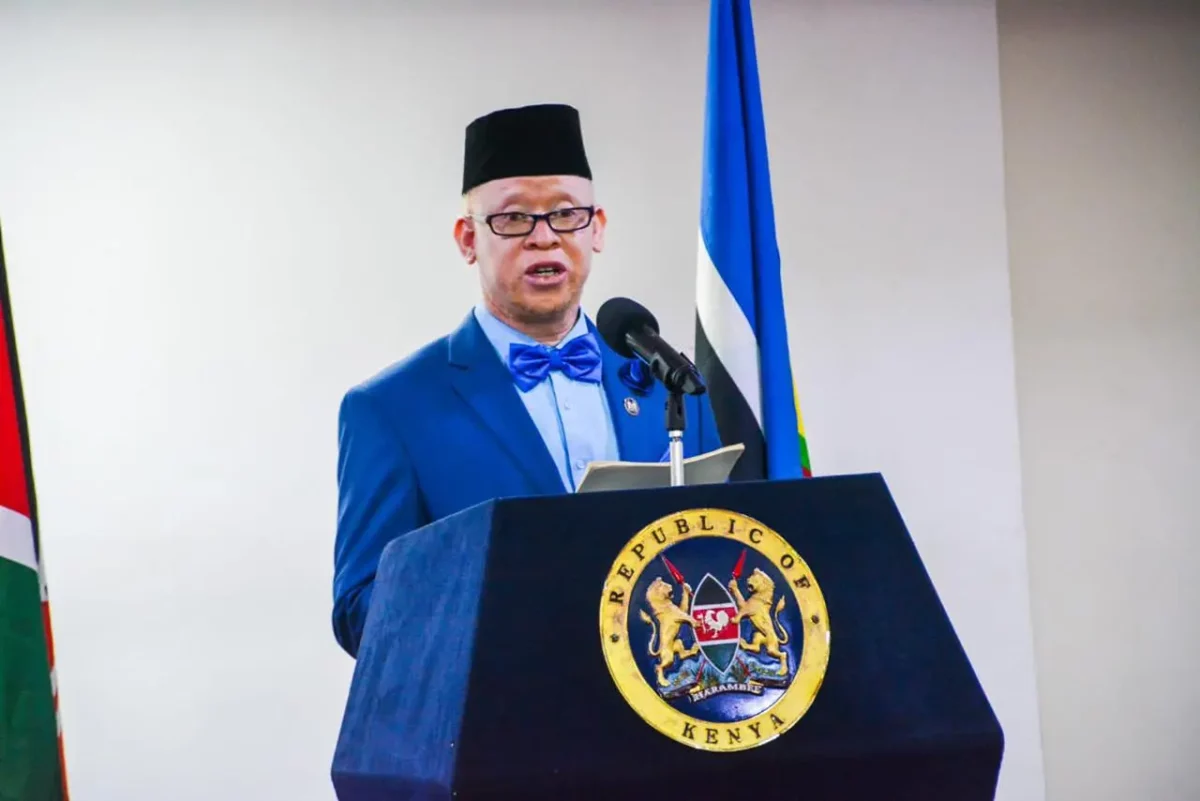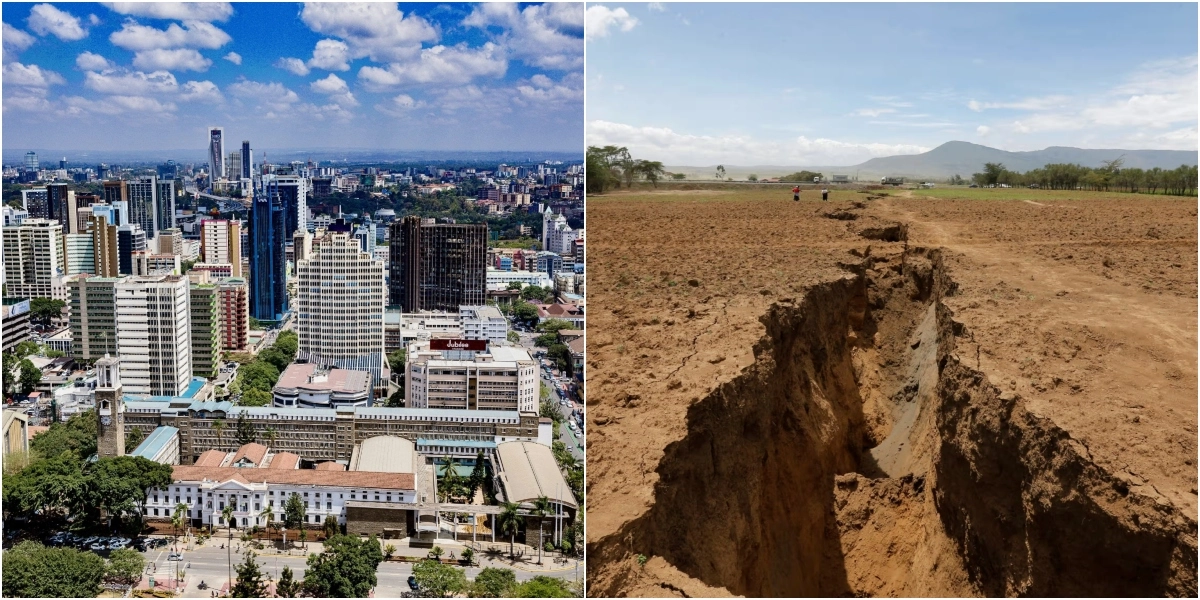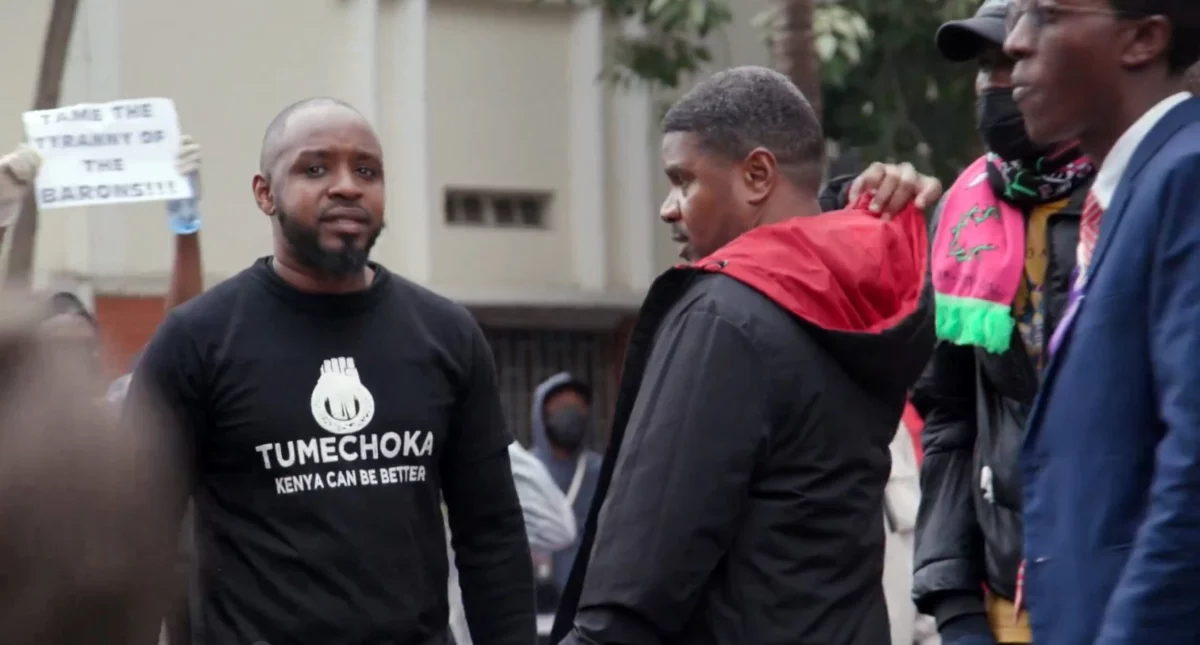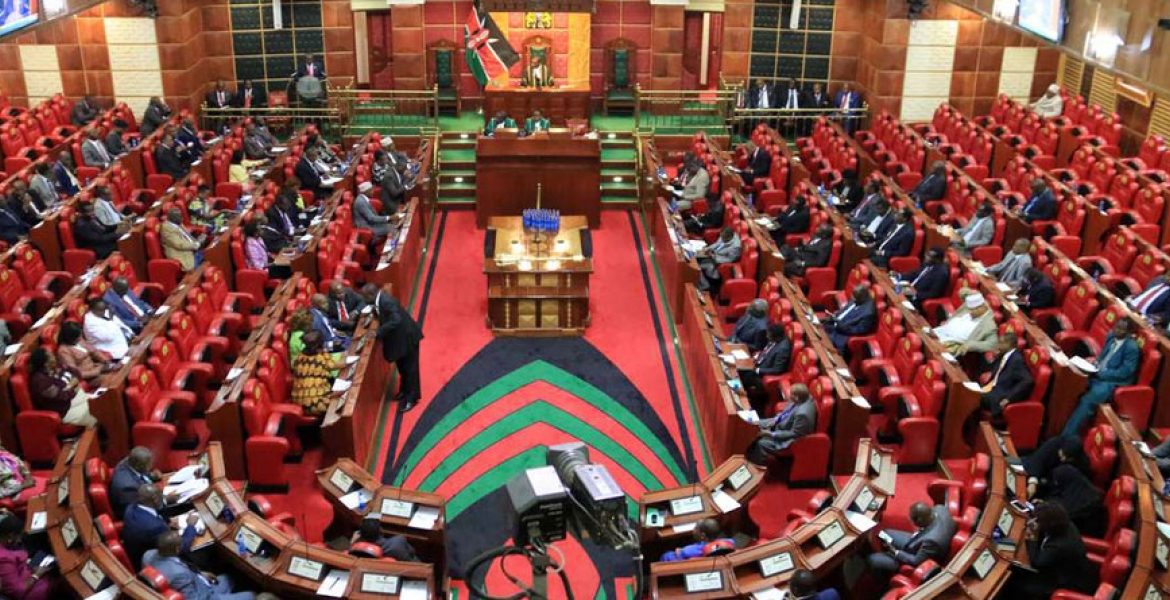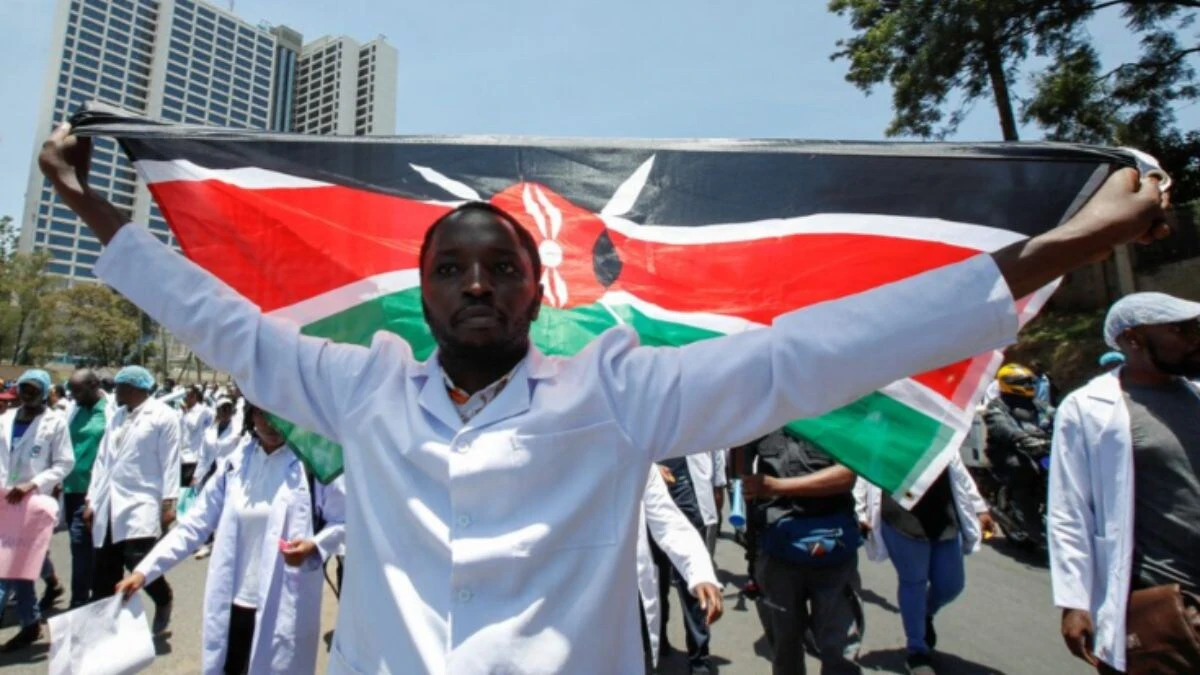Nairobi, Kenya – Recent headlines have highlighted numerous cannabis-related arrests across Kenya, reflecting the ongoing struggle with illegal marijuana cultivation and trade. From significant seizures worth over 10 million shillings in Kirinyaga to arrests in Mombasa and Kiambu, the illicit cannabis market is thriving. In light of these events, Roots Party Presidential Candidate George Wajackoya’s call to legalize marijuana gains new relevance.
The global demand for cannabis is increasing, driven by its diverse applications in medicine, textiles, and other industries. Research into cannabis continues to reveal new uses, expanding its market potential. Scientists are particularly interested in cannabis as a sustainable alternative to various materials. Even minor breakthroughs in research could lead to significant demand growth.
Vertical farming, an innovative agricultural approach, is gaining traction for producing organic crops year-round with high yields. Cannabis is exceptionally well-suited for vertical farming, which can reduce the carbon footprint and help meet growing demands sustainably. Mastery of vertical farming techniques, such as seed selection, harvest timing, and nutrient management, can significantly improve the quality and quantity of cannabis yields, benefiting sectors like medicine where quality is paramount.

However, the environmental impacts of cannabis cultivation cannot be ignored. It can degrade soil quality, increase water usage, and contribute to climate change. Legal complexities can also drive cultivation into undetectable areas, harming local wildlife. These environmental concerns require careful management.
Cannabis is a resilient plant that thrives in various climates, except extreme conditions. Autoflowering seeds have simplified cultivation by eliminating light dependency and increasing adaptability to temperature and humidity variations. These seeds also shorten the plant’s life cycle, allowing multiple harvests per year. With proper care and quality seeds, even novice farmers can successfully grow cannabis.
Harvesting and post-harvest processes present challenges. Optimal yield balance between potency and quantity requires careful management of factors like nutrition, weather, humidity, light, and pest control. Post-harvest processing, especially for cannabidiol (CBD) oil extraction, can be problematic. Investing in quality equipment and improving storage techniques can mitigate these issues.

Research into cannabis’s potential has fueled its growth across sectors like medicine, beauty, and textiles, increasing the value of products like CBD and hemp seed oil. Large corporations are entering pre-harvest contracts with cannabis farms to reduce waste. As cannabis product values rise, the crop’s profitability is expected to grow.
Farming cannabis involves risks common to any crop, such as weather conditions, nutrient availability, and labor costs. The evolving legal landscape adds complexity. Nevertheless, the increasing global demand and value of cannabis suggest a positive outlook for its future cultivation.
African farmers have cultivated cannabis for centuries, but its medical and recreational use remains largely prohibited. Recently, global demand for medical cannabis has prompted several African nations to reconsider their laws. As more countries legalize marijuana for medicinal and recreational use, the legal cannabis market is booming. The global market is projected to reach nearly $43 billion by 2024, with European demand expected to surge to $37 billion by 2027. How should Africa tap into this market?
In 2017, Lesotho became the first African country to license commercial marijuana cultivation for medical and scientific purposes, inspiring others like Zimbabwe, South Africa, Malawi, Eswatini, Zambia, Uganda, and Rwanda to follow. Ghana has also authorized cannabis production but limits THC levels to 0.3%. Countries like Malawi and Zimbabwe, major tobacco exporters, see cannabis as a potential replacement for environmentally damaging tobacco.
While many countries permit medical cannabis cultivation and consumption, Uganda and Rwanda grow the plant exclusively for export. In nations where cannabis production remains illegal, such as Tanzania and Kenya, significant amounts are still cultivated and exported illicitly. Legalizing the existing cannabis trade could provide economic benefits and drive regulatory changes.
Africa’s climate is ideal for cannabis cultivation. The plant thrives in warm, sunny conditions and can withstand extreme heat. Techniques like dry farming, relying primarily on rainfall, and drip irrigation offer cost-effective ways to water cannabis crops, suited to Africa’s climate. Cannabis follows a specific growth cycle, flourishing in Africa’s consistent daylight due to its location within 35 degrees of the Equator.

Most of the U.S. is suitable for outdoor cannabis cultivation, but much of Europe lies north of the 40th parallel, limiting winter sunlight. European growers face challenges with long summer days keeping the plant in the vegetative phase. Indoor cultivation using artificial lights is an option but is costly and energy-intensive. Africa’s favorable climate and proximity to Europe position it well to meet the growing European demand for medical cannabis.
Africa’s warm weather, fertile soil, and ample sunshine provide competitive advantages over established cannabis producers like Canada and the Netherlands, where cold climates necessitate resource-intensive greenhouse cultivation. Several American and Canadian companies have already shown interest in setting up cannabis farms and processing plants in Africa.
However, launching a cannabis operation in Africa requires careful consideration of several factors. Choosing the right country is crucial, as some have legalized cultivation but not processing, while others have granted long-term exclusive licenses. Export agreements with off-continent partners also vary by country.


